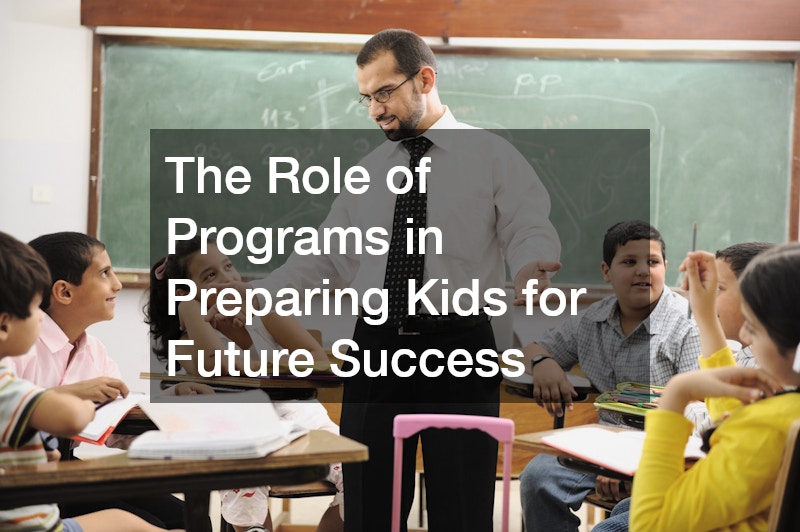In an era where the significance of early education cannot be overstated, understanding the right learning environment for young learners is paramount. This article delves into the critical role that educational programs play in shaping growth and paving the way for lifelong success. As we navigate through various facets of foundational learning opportunities and enrichment experiences, we will uncover how these elements contribute to holistic development, setting a strong base for future academic accomplishments and beyond.
The early years of a child’s life are filled with rapid and remarkable growth, making it crucial for parents and educators to collaborate effectively in providing enriching experiences. The selection of appropriate programs—whether through structured care, introductory classrooms, or seasonal opportunities—directly influences a child’s academic and social journey. Throughout this article, we will highlight the importance of each program type and how they intertwine to create an environment conducive to exploration and discovery.
We will also touch upon various pathways that ensure a seamless transition to structured learning environments. From building creativity through specialized opportunities to organizing seasonal programs that inspire communal growth, fostering an interactive and stimulating setting is essential. This exploration aims to equip parents and educators with knowledge on selecting the right avenues, ultimately ensuring that children thrive during these formative years.
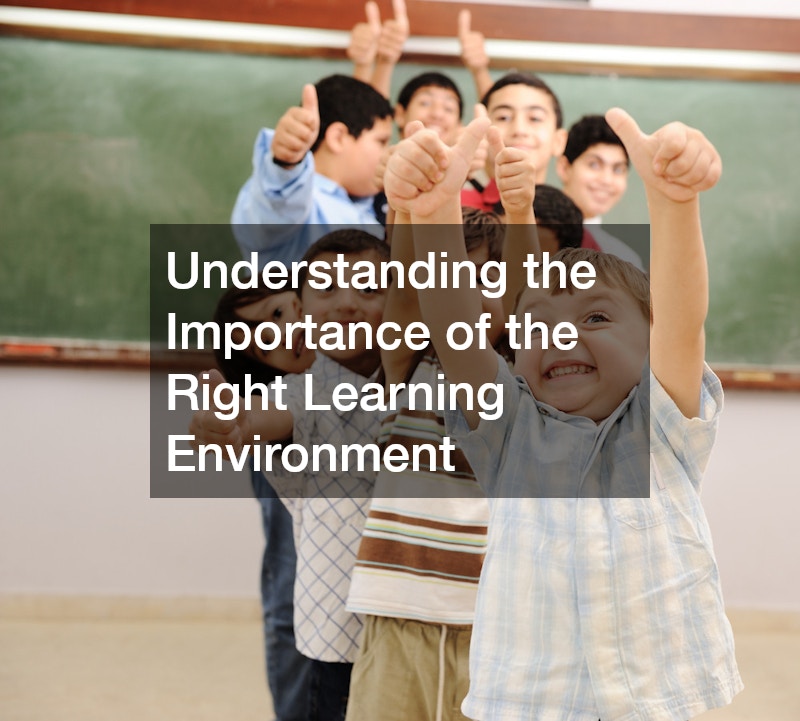
Understanding the Importance of the Right Learning Environment
Choosing the right early childhood center is crucial for laying the groundwork for successful learning. The right environment goes beyond simple pedagogy; it incorporates emotional support, social interaction, and physical safety. When children feel secure and engaged, they are more likely to develop positive attitudes toward learning and curiosity about the world around them.
Effective early childhood programs must focus on children development through play-based and experiential learning. Research shows that children engage better and retain information when they can explore their surroundings in a playful manner. Therefore, centers that prioritize interactive learning experiences contribute vastly to cognitive and emotional growth, preparing children for future academic challenges.
Moreover, a supportive learning environment encourages children to develop critical thinking and problem-solving skills. The social dynamics fostered in these settings help children to learn how to collaborate with peers, communicate effectively, and resolve conflicts amicably. Recognizing this significance, parents should actively seek environments that align with their values and educational goals for their children, making informed choices about early childhood programs.
Recognizing Key Stages of Growth and Learning
It is essential to recognize the key stages of children development to tailor educational experiences effectively. Each stage signifies unique needs and abilities that can be fostered through appropriate educational programs. Understanding these stages allows caregivers to create enriching environments where children can flourish academically and socially.
During the preschool years, children experience rapid cognitive development, becoming increasingly curious and eager to learn. Programs that encourage exploration, such as experimental learning through preschool activities or time spent in art summer camps, play a significant role in nurturing this curiosity. It is vital for parents and educators to facilitate these experiences, providing opportunities for learning that align with developmental milestones.
In addition, every child develops at their own pace; hence, customized approaches are necessary for meeting individual needs. By integrating flexible care options and personalized learning strategies into preschool services, parents can ensure that children receive the most beneficial experience possible. Thus, appropriate assessment and adjustment of educational approaches based on each child’s evolving capabilities will lead to better outcomes in their overall development.
Evaluating Academic Pathways for Long-Term Success
Choosing the best schools for children involves careful evaluation of available academic pathways designed to support long-term success. Teachers and administrators must understand the importance of early childhood education in shaping children’s future educational experiences. By fostering a love of learning early on, children are more likely to thrive as they transition into formal education systems.
At this juncture, parents must take license to explore various options, such as the best preschools that align with their educational values and goals. A reputable preschool often correlates to a smoother transition into elementary school, leveraging a child’s natural curiosities and strengths. Schools that emphasize holistic approaches, where children are supported academically, socially, and emotionally, will yield the best outcomes.
Ultimately, evaluating these academic pathways should extend beyond just school reputation; it should include assessing the curriculum, teaching methodologies, and available extracurricular activities. Exploring programs offered at early childhood centers, including specialized learning like STEM or language immersion, will provide insights into how each setting can best nurture children’s unique skills and interests. This holistic evaluation empowers parents to guide their children toward most favorable educational experiences.
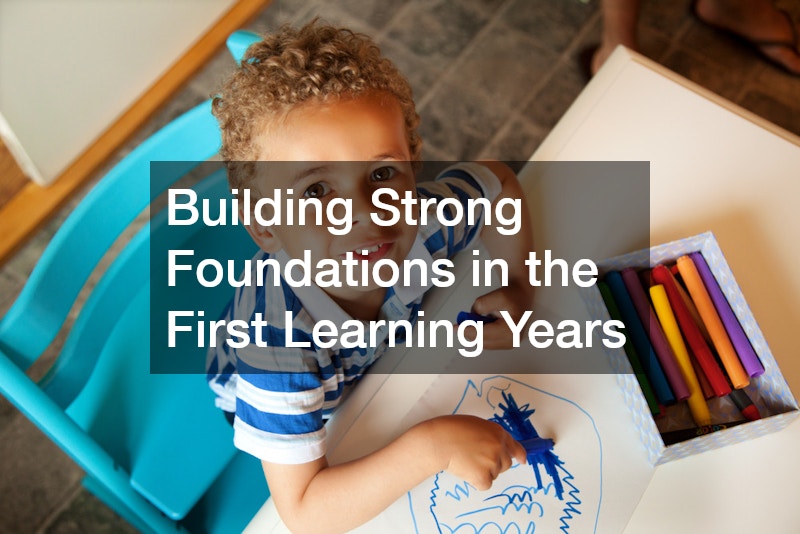
Building Strong Foundations in the First Learning Years
The first learning years of a child’s life are crucial for establishing the basic skills necessary for future academic success. High-quality preschool programs, particularly those focusing on social and emotional learning, create a positive atmosphere where foundational skills can be nurtured organically. Early exposure to diverse activities cultivates curiosity, creativity, and critical thinking skills, setting the stage for a lifetime of learning.
Engaging in preschool summer camps allows children to explore new interests and experiences in a collaborative setting. Activities designed around building teamwork and communication skills contribute immensely to an effective learning foundation. Programs that include interactive play, arts, and hands-on learning ensure that children develop a well-rounded skill set, essential for navigating future academic endeavors.
Furthermore, establishing solid social connections during these formative years is equally important. Children who attend inclusive and welcoming preschools are more likely to develop strong social skills, find their voices, and express themselves effectively. Such a foundation is crucial once they enter elementary school, as it influences their capacity to engage actively with peers and educators alike.
Creating Smooth Transitions Into Structured Learning
Transitioning from an early childhood center to a structured learning environment can be challenging for some children. This shift often brings new experiences, expectations, and social dynamics. Therefore, creating a deliberate transition plan that eases children into elementary school is vital for reducing anxiety and fostering confidence.
Early childhood programs that incorporate activities simulating the school experience can help prepare children for what lies ahead. Introductions to structured schedules, peer interactions, and academic expectations serve as foundations for what children will encounter in elementary education. These preparatory experiences reduce the likelihood of overwhelming feelings as they begin a new chapter in their educational journey.
Moreover, the involvement of parents, teachers, and caregivers during this transition is imperative. Communicating expectations and sharing strategies can ensure that children receive consistent support across all environments. Through collaborative support, children will feel empowered to embrace new challenges and adapt to their evolving educational landscape.
Encouraging Growth Beyond the Classroom Walls
Encouraging personal growth outside standard classroom experiences is essential for holistic children development. Summer camp activities serve as excellent opportunities to expand learning while providing exposure to diverse environments. By engaging in programs that emphasize various skills, children can experience different facets of growth beyond core academic subjects.
Participating in vibrant activities, whether through art summer camps or science-focused programs, allows children to explore their passions and interests in a fun, interactive manner. Such experiences foster creativity, inspire new friendships, and develop interpersonal skills. Moreover, these environments instill resilience and adaptability as children learn to navigate various challenges outside of a traditional classroom setting.
Furthermore, interactions in these non-traditional settings play a crucial role in developing emotional intelligence. Engaging with peers and adults in diverse scenarios facilitates empathy and self-regulation, essential components of emotional wellbeing. Overall, encouraging holistic growth beyond conventional educational parameters sets children on a path to becoming well-rounded individuals ready for future challenges.
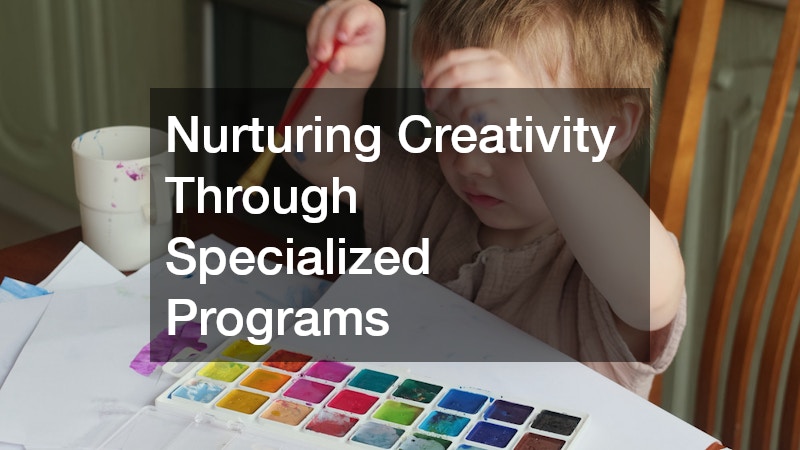
Nurturing Creativity Through Specialized Programs
Promoting creativity during the formative years through specialized programs is a key aspect of developmental growth. Art summer camps provide children with meaningful opportunities to express themselves artistically, enhancing their cognitive abilities and imaginative thinking. Such emphasis on creativity not only enriches their learning experiences but also contributes to overall emotional development.
Participating in creative endeavors helps children develop fine motor skills and boosts their confidence when expressing ideas. Programs designed to explore music, drama, or visual arts allow children to interact and collaborate with others, fostering teamwork. Ultimately, nurturing creativity equips children with critical thinking skills that are invaluable across various academic subjects.
Beyond just artistic expression, specialized programs promote emotional and social development as well. Engagement in creative activities wraps enjoyment around learning while fostering connections among peers. In a world increasingly leaning on innovation and creativity, these influences shape children into adaptive, empathetic individuals who can thrive in various domains.
Offering Enrichment in the Formative Years
Enrichment during preschool is essential for fostering varied skills and interests, enhancing overall children development. Programs like preschool summer camps provide enriching experiences that help children explore their capabilities beyond the standard curriculum. Such programs contribute significantly to a child’s emotional, social, and cognitive growth.
These enrichment opportunities can introduce children to sports, academic challenges, and the arts in engaging and low-pressure environments. Opportunities to try new activities not only enhance existing skills but also cultivate newfound passions. Parents can discover what resonates with their children, ultimately guiding decisions about which pathways to pursue in their educational journeys.
Furthermore, a well-rounded enrichment experience helps young learners acquire essential coping skills as they face challenges. Learning to manage setbacks in adaptive programs cultivates resilience against future adversities. Through these formative experiences, children can develop lifelong skills that are crucial for both academic and personal success.
Supporting Families With Flexible Care Options
As families navigate through the complexities of life, supporting them with flexible toddler daycare options becomes vital for children development. Programs that offer flexibility, such as extended hours or part-time arrangements, provide parents with peace of mind while ensuring their children receive quality education. The adaptability of these programs makes it easier for families to maintain balance and accessibility amidst their commitments.
Moreover, the relationship between parents and educators plays a crucial role in children’s overall development. Providing open channels of communication ensures that parents can stay informed about their children’s progress and needs. Involving families in discussions about flexible options fosters partnerships that prioritize children’s wellbeing.
Additionally, flexible care options serve to accommodate diverse family needs while reinforcing children’s learning experiences. By ensuring parents have access to resources and support systems, it’s possible to build strong foundations that nurture children throughout their educational paths. The positive impacts of flexible arrangements ripple through to the child’s learning environment, encouraging overall success.
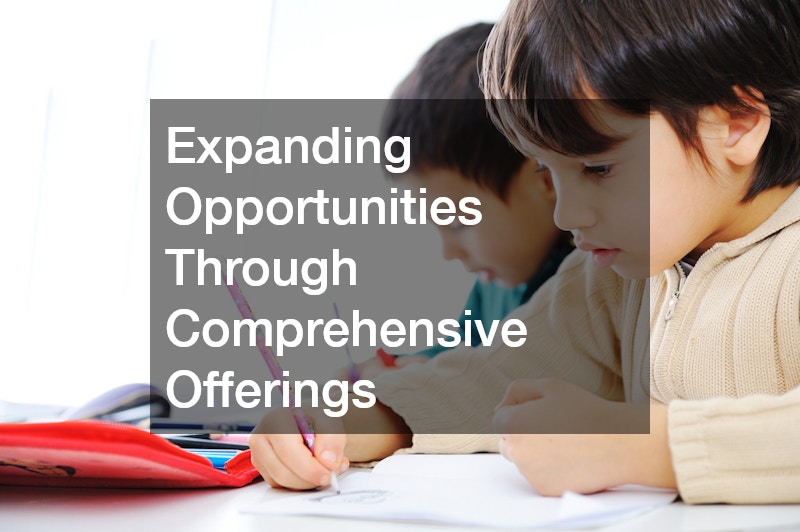
Expanding Opportunities Through Comprehensive Offerings
Offering comprehensive preschool services creates a multitude of opportunities for children to explore their interests. Quality programs that encompass various activity types, from academic learning to play-based experiences, ensure a balanced foundation for future growth. An integrated approach also enables educators to tailor learning pathways that reflect children’s unique strengths and needs.
Moreover, comprehensive offerings should include community partnerships that foster diverse experiences beyond the classroom. By connecting children with local organizations and activities, educators can enhance program offerings and nurture a sense of belonging in the broader community. Such connections will amplify children’s learning and comfort within their environments.
Additionally, synthesizing various educational programs helps cultivate a community of learners who thrive together. By participating in different programs and sharing experiences, children learn from one another and develop social competencies required for future school environments. As such, comprehensive offerings become a collaborative effort imbuing early learning with richness and diversity.
Nurturing children during their early years within the right learning environment is paramount for desired development outcomes. Through insightful exploration of early childhood centers, preschool activities, and enrichment programs, we see the profound impact that such experiences have on lifelong success. These foundational years form the bedrock of children’s academic journeys, guiding them toward flourishing both inside and outside the classroom as they transition to higher levels of education.
The choices made at this stage set the trajectory for future educational experiences, thereby underscoring the importance of informed decision-making by parents and educators. Engaging in programs that prioritize emotional and academic development creates generations of curious, motivated, and resilient learners. Ultimately, investing in the early years establishes a legacy of positive growth that extends beyond the classroom and throughout a child’s life.
Through the lens of flexible care, comprehensive offerings, and creative opportunities, we can craft environments where children bloom and thrive. The journey requires thoughtful partnership between families and educational institutions, facilitating tailored paths towards success. For parents and educators alike, prioritizing children’s development ensures a bright future for generations to come.
